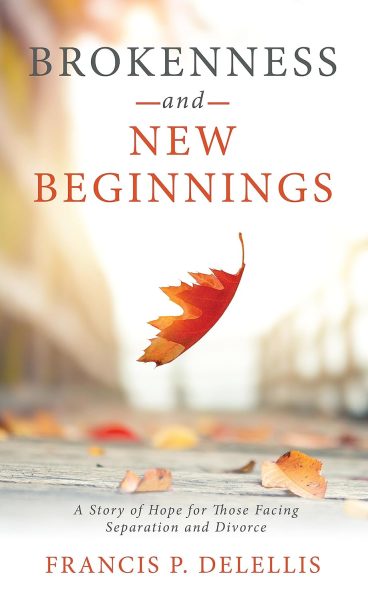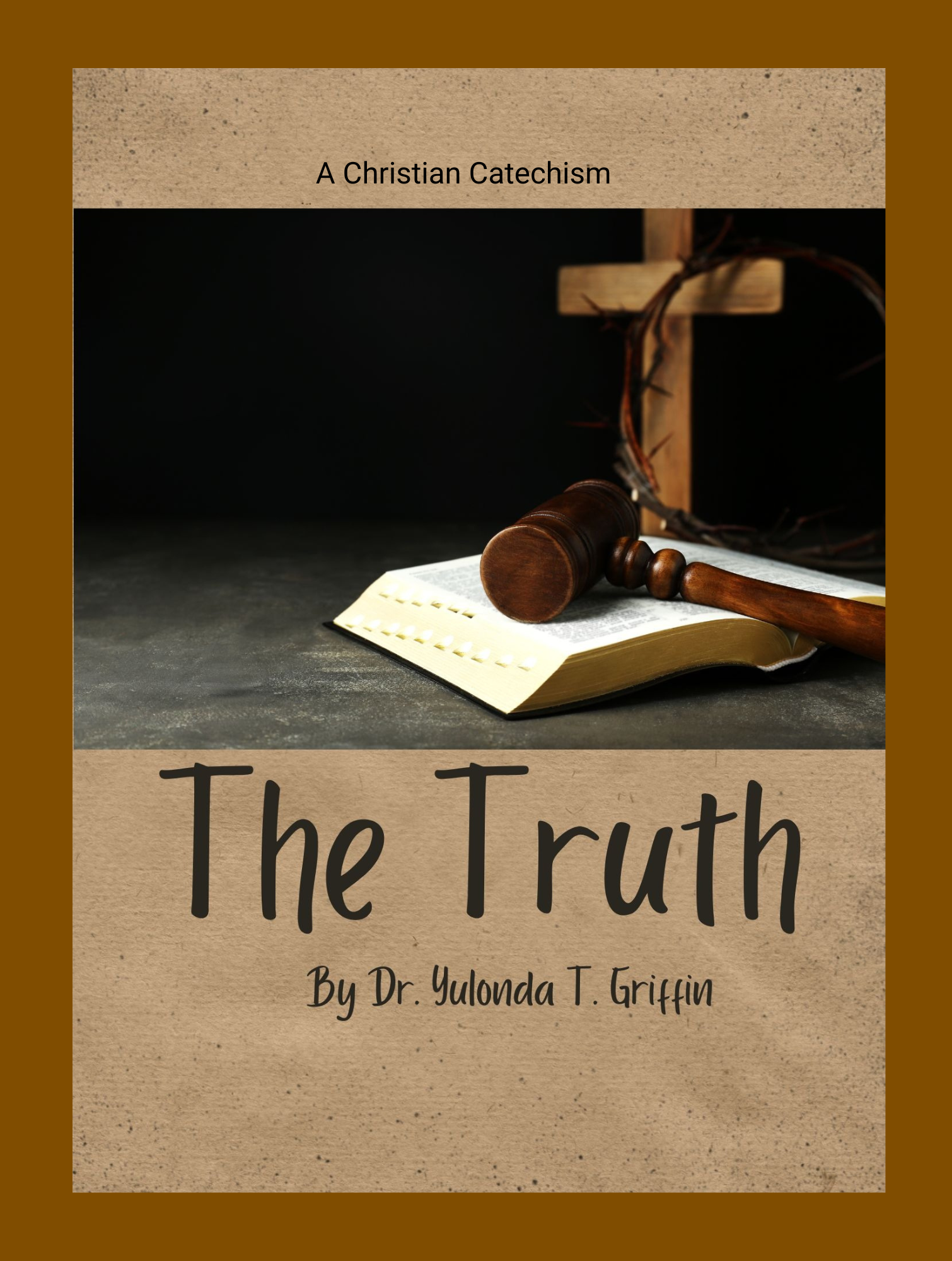 About Contending with Paul 3 by William Cobble:
About Contending with Paul 3 by William Cobble:
“Greet Urbanus, our co-worker in Christ …”
(Romans 16:9)
“As for Titus, he is my partner and co-worker in your service …”
(2nd Corinthians 8:23)
“Epaphroditus – my brother and co-worker and fellow soldier …”
(Philippians 2:25)
“… together with Clement and the rest of my co-workers …”
(Philippians 4:3)
“These are the only ones of the circumcision among my co-workers …”
(Colossians 4:11)
“… and we sent Timothy, our brother and co-worker …”
(1st Thessalonians 3:2)
“To Philemon our dear friend and co-worker …”
(Philemon 2)
As Paul took the Gospel into the Graeco-Roman world, who were the men and women who partnered with him? In Paul’s letters, their names are sometimes found within a verse or passage from which some biographical or historical information can be gleaned. In these places, Paul might disclose a co-worker’s role within his ongoing work, divulge the part they played in some internal controversy, or even eulogize their passing. When also found in the Book of Acts, additional clues are occasionally available that help one to further discern the “when, where, and how” of the co-worker’s involvement in Paul’s missionary endeavors.
In some cases, an elaborate story can be woven from the information obtained, but in others what is disclosed by the New Testament would fill little more than a dictionary entry. Yet such men and women are First Century heroes of the Christian faith, often toiling in those cities where Paul’s work had begun, or where he desired to bring his teachings.
This book will examine each of these characters, providing historical context, biographical information, and insights. These are figures who deserve to be known, and this is what the New Testament tells us about them.
Enjoy this excerpt from the book:
CHAPTER EIGHTEEN
Lydia
Lydia only appears in the Book of Acts. Since the church in Philippi began with her conversion, one would expect to find her in the greetings section of Philippians, but she receives no mention in any of Paul’s letters. She does, however, hold the distinction of being the first known European convert to Christianity. Acts shows her as a businesswoman who was likely financially independent. Clothes colored with the royal purple dye of Thyatira were considered luxury items and her trade had likely brought her to Philippi to sell to the wealthy clientele there. Her home was obviously large enough to accommodate servants, guests, and ultimately a Christian assembly. Since there is no mention of a husband, Lydia was most likely single at the time she met Paul:
“On the sabbath day we went outside the gate by the river, where we supposed there was a place of prayer; and we sat down and spoke to the women who had gathered there. A certain woman named Lydia, a worshipper of God, was listening to us; she was from the city of Thyatira and a dealer in purple cloth. The Lord opened her heart to listen eagerly to what was said by Paul. When she and her household were baptized, she urged us, saying, “If you have judged me to be faithful to the Lord, come and stay at my home.” And she prevailed upon us.” (Acts 16:13-15)
Lydia, or at least her home, will make one additional appearance in Acts later in the same chapter. Her residence appears to have become the meeting place for a burgeoning Christian congregation in Philippi:
“After leaving the prison (Paul and Silas) went to Lydia’s home; and when they had seen and encouraged the brothers and sisters there, they departed.” (Acts 16:40)
A Theory
The appearance of devout women meeting beside a stream at a place of prayer on the Sabbath speaks to them being Jewish. This seems confirmed by the description of Lydia as “a worshipper of God.” That it was only women meeting outside on the sabbath could be evidence that there were not enough Jewish men in Philippi to make up the quorum required to establish a proper synagogue, which necessitated ten Jewish males over the age of thirteen. By the author of Acts relating this information, he may be showing an interesting contrast: Lydia, while a Jewish woman, was forbidden from founding a synagogue, but as a Christian she could found a church within her own home.
William Cobble:
William Joseph Cobble holds a B.A. in Philosophy with a Minor in Religious Studies and a Master of Divinity with Biblical Languages. This is the third book in the “Contending with Paul” series. Each book seeks to illuminate different aspects of Paul’s life, teachings, and continuing impact.
Links to Purchase Print Book version – Click links for book samples, reviews and to purchase
Buy the Print Edition at Amazon
Links to Purchase Audiobook version – Click links for book samples, reviews and to purchase
Buy the Audiobook at Amazon
Links to Purchase eBook version – Click links for book samples, reviews and to purchase
Buy this eBook On Amazon
All information was provided by the author and not edited by us. This is so you get to know the author better.










